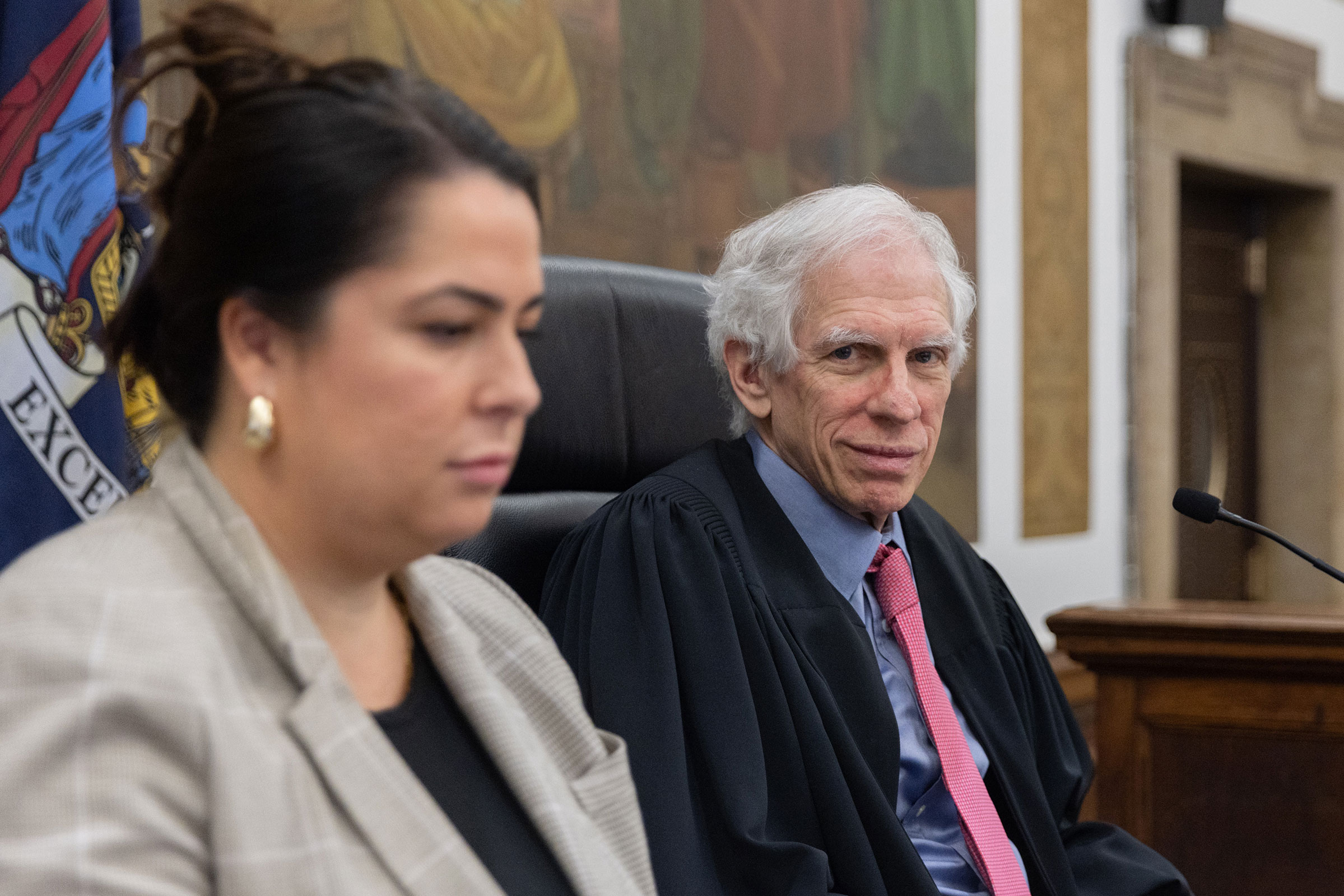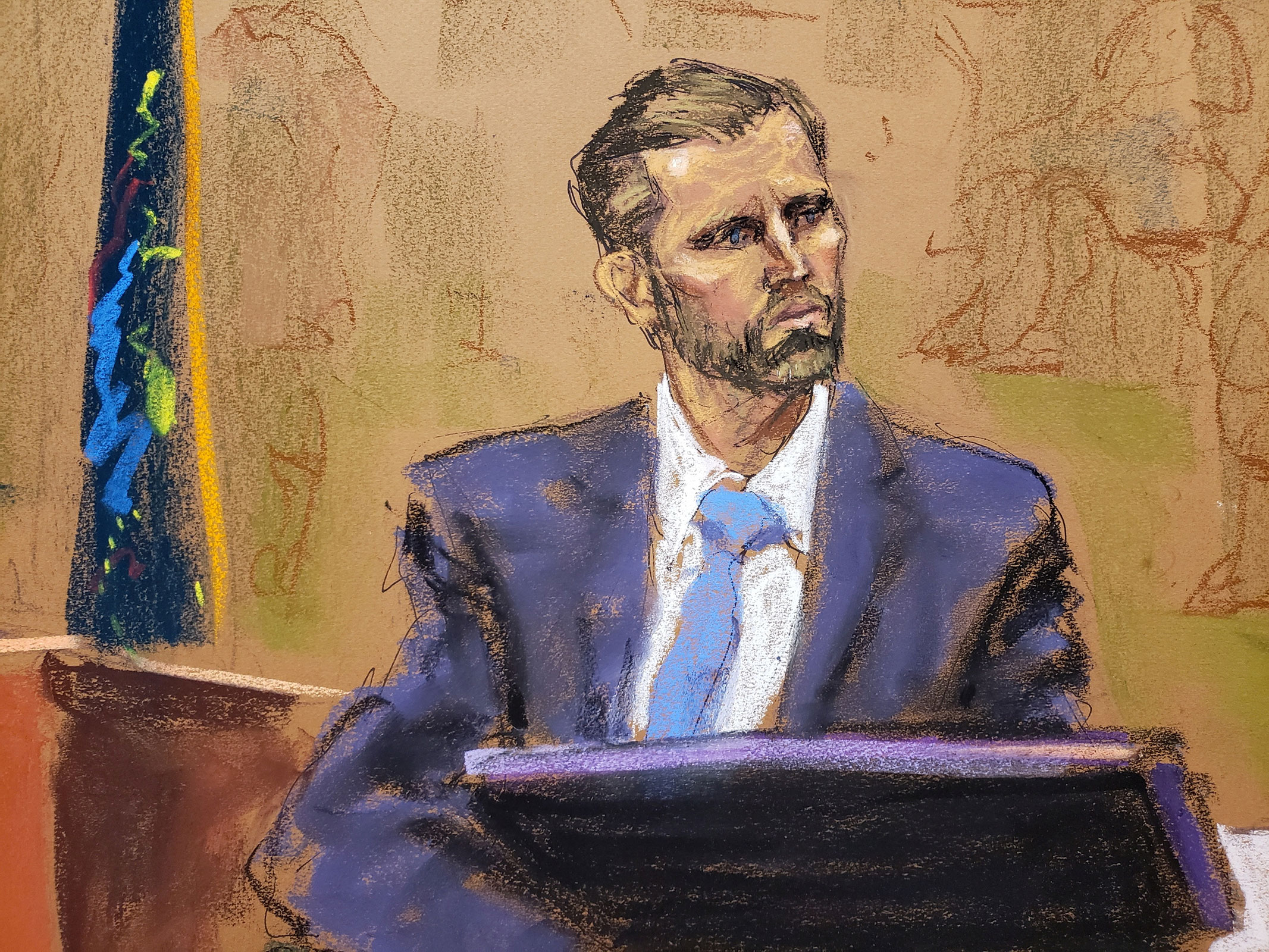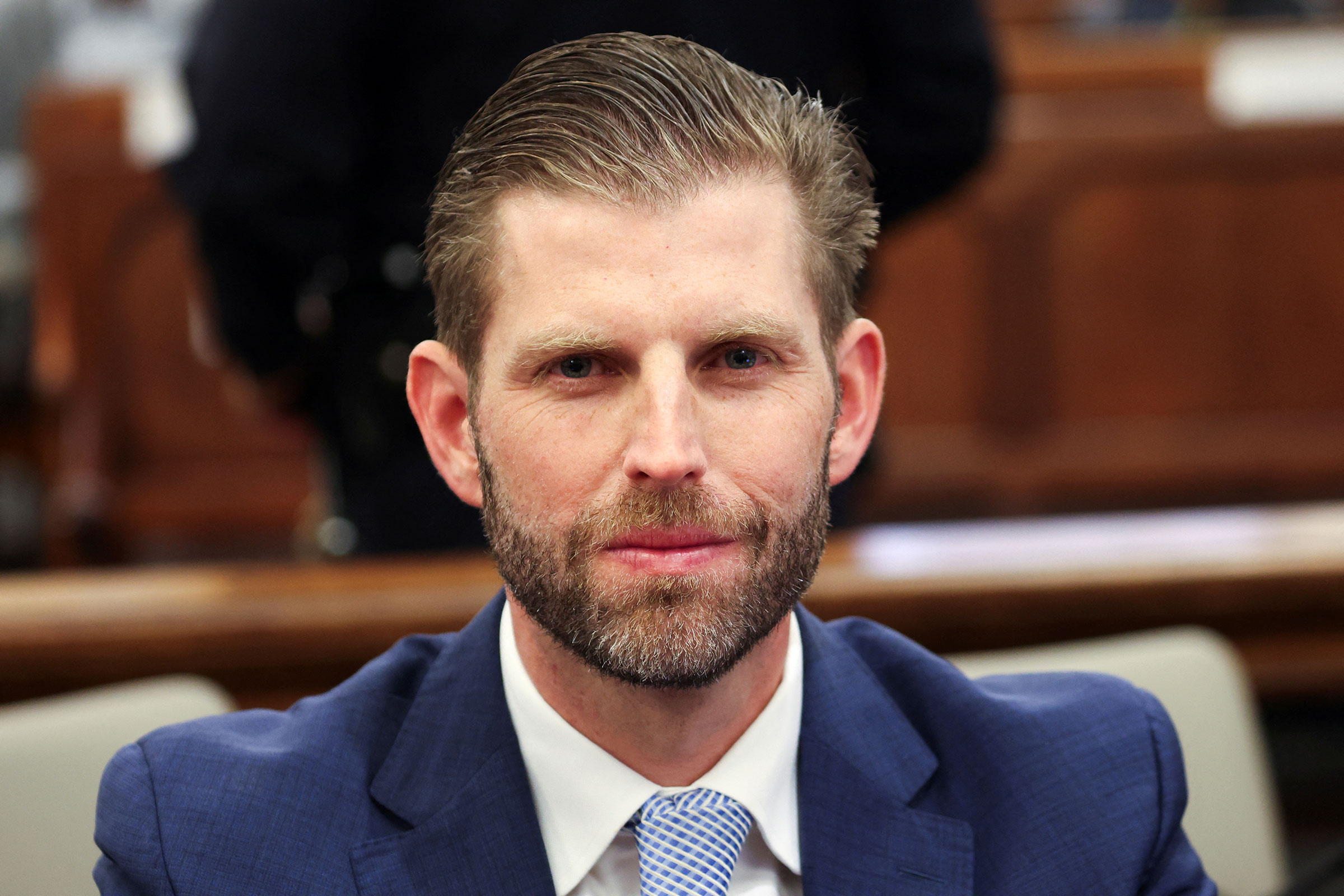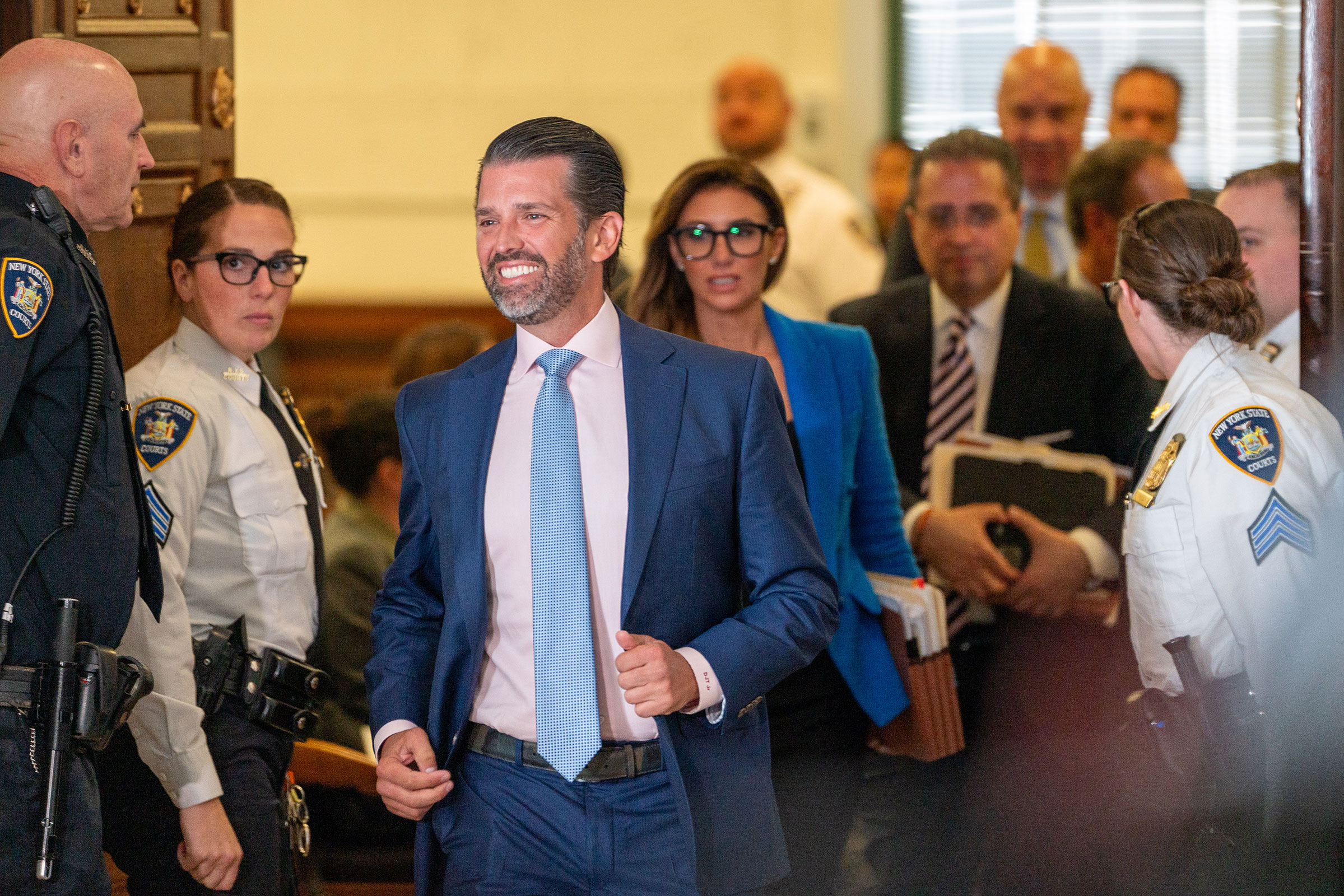The New York Attorney General’s office pressed Donald Trump’s two adult sons Thursday about their knowledge of and involvement with the former president’s financial statements in some of the most significant and tense days of the fraud trial.
The back-to-back appearances Thursday from Donald Trump Jr. and Eric Trump — who both helped run the Trump Organization while their father was in the White House — comes ahead of the former president’s own testimony on Monday.
Donald Trump Jr. and Eric Trump are co-defendants in the case, along with their father, the Trump Org., and several company executives.
Here are some key takeaways from the day in court:
Eric Trump confronted with emails showing his work on Trump’s finances: Assistant Attorney General Andrew Amer’s examination grew tense as he pressed Eric Trump about his understanding of his father’s financial statements that were used to support real estate transactions and confronted him with a series of emails dating back to 2010.
Eric Trump acknowledged he provided information to former Trump Organization controller Jeff McConney, who is also a co-defendant in the trial. But he tried to distinguish between specific statements of financial condition — his father’s personal financial statements at the heart of the civil case — and general financial records for the company.
The distinction is relevant because Donald Trump’s statements of finances are the documents that the attorney general pointed to as evidence that he inflated the values of his properties to boost his net worth — and obtain favorable loan terms.
An expert witness for the attorney general testified Wednesday the Trump Organization saved $168 million thanks to the loan rates obtained with the help of fraudulent information.
Donald Trump Jr. said he relied on accountants: Donald Trump Jr. repeatedly said he relied on his accountants and was not involved with the preparations of financial statements for his father, even though he signed them as a trustee of his father’s revocable trust.
He testified that he didn’t draft the financial statements, and when he certified them as a trustee, he relied on the Trump Organization accounting and legal teams that he said assured him they were accurate to sign.
The attorney general’s office and Trump’s lawyers got into a lengthy back-and-forth over attorney-client privilege after Faherty asked what steps the Trump Organization had taken once the attorney general’s investigation into the company began in 2019.
Some internal policies and methodologies “have been bolstered” since the investigation began, Trump Jr. said. One of those changes, he said, was hiring a chief financial officer who is a certified public accountant.



